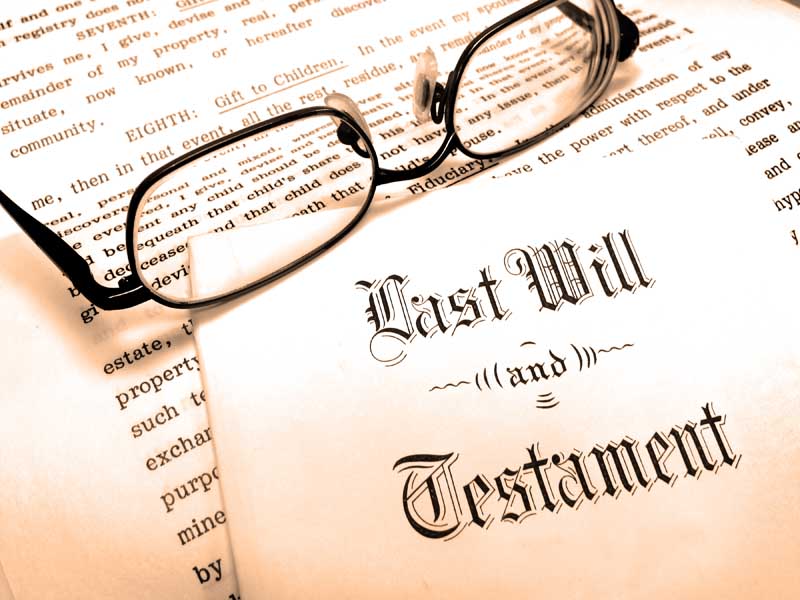
It may come as a surprise to many, but Maryland does not have a requirement that there be an official reading of the Will. The reading of the Will is a common misconception that many people hold. Our office even receives frequent calls from family members of a deceased individual asking to schedule the reading of the Will.
This trope is promulgated further through television and film. Oftentimes, we see the scene of family members gathered around a conference table while an attorney reads the Will. Inevitably, something shocking happens to further the plot. Though these scenes create some delicious drama in our favorite TV shows and movies, it does not actually occur in real life.
Historically, the reading of the Will was established because a large part of the population could not read, at least not at a high level. When you put some legal jargon into the mix, it doesn’t make for a very pretty book club. Additionally, before technology advancements, it was much harder to copy and distribute documents than it is today. Therefore, it was a common practice to gather family members and beneficiaries of the decedent and read the Will aloud. This put everyone on equal footing and allowed the beneficiaries to be properly informed. Today, however, literacy rates are much higher and our access to information is improved. We can copy and send documents in a matter of seconds.
Furthermore, Wills and the other documents required throughout the probate process are public record. Anyone can obtain this information from the Register of Wills. Nowadays, it is as easy as going online and requesting copies of the documents. There may be a small fee associated with obtaining a copy, but that is just a small hoop to jump through. So although there is no official reading of the Will, probate is still a very public process.
The other outdated aspect of the reading of the Will is the fact that many people utilize other estate planning documents instead of a Will. It is common to use a Trust in tandem with what is known as a Pour-Over Will. The Pour-Over Will is exactly what the name connotes in that it “pours” any probate assets from the estate into the Trust. The Trust is the document that actually determines the final distributions of the assets. If the Trust is properly funded, then there will not even be any assets going through probate. All of the assets are in the Trust (or are jointly-titled, have a beneficiary, etc.). A Trust is a private document and the only people who are entitled to information are the “qualified beneficiaries.”
So, the next time you are watching your favorite television show and a scene comes on where the characters are gathered for the reading of the Will, remember that it is fiction. In reality, the reading of the Will has been lost to time and societal advancement.
Helen “Beth” Burgee is an attorney at Sinclair Prosser. Please visit www.spgasior.com for more information on our services including our free workshops.


